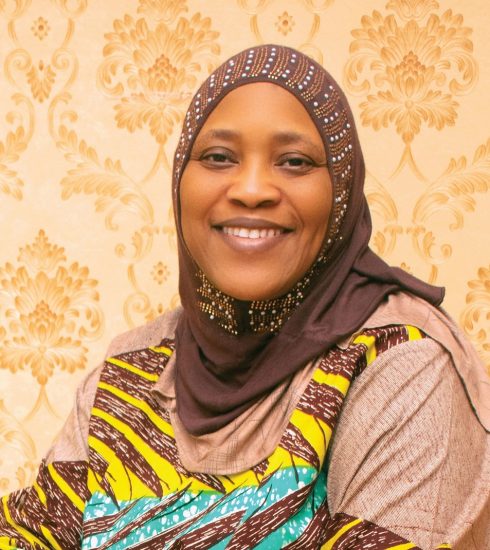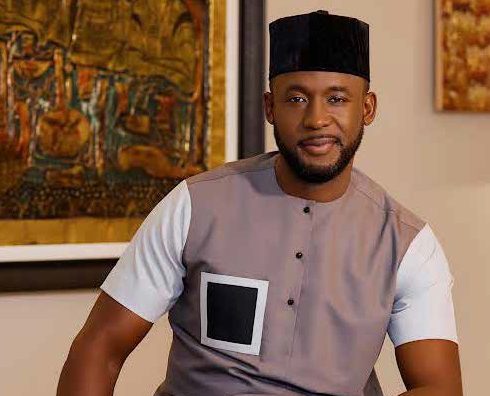Rep. Akin Rotimi, Jr. : Duty, Democracy, And Driving Change
The political landscape in Nigeria has seen significant change over time, with democracy offering a platform for those dedicated to the nation’s development. Many Nigerians now have the opportunity to directly participate in the country’s development and shape policy thanks to democratic processes. Through the legislative arm, elected officials play a major role in developing laws and policies that affect citizens’ daily lives. The Senate and the House of Representatives make up the National Assembly, and they both work to enact legislation and maintain the balance of power while speaking for the people. This legislative body has developed into a potent instrument for change, empowering leaders to tackle national concerns and further the nation’s progress.
Rep. Akin Rotimi, Jr., the Spokesman of the House of Representatives and representative of Ekiti North 1 (Ikole/Oye) Federal Constituency, is a prime example of this dedication to effective governance. With an advocacy and public service background, Rep. Rotimi Jr. has utilised his position to promote change for the country and his constituents. He has been instrumental as a Spokesman in addressing national issues, promoting growth-promoting policies, and guaranteeing transparency and open communication between the House and the public. His zeal for significant improvements and his commitment to effective leadership have made him a respected voice in the legislative assembly and an advocate for constructive change.
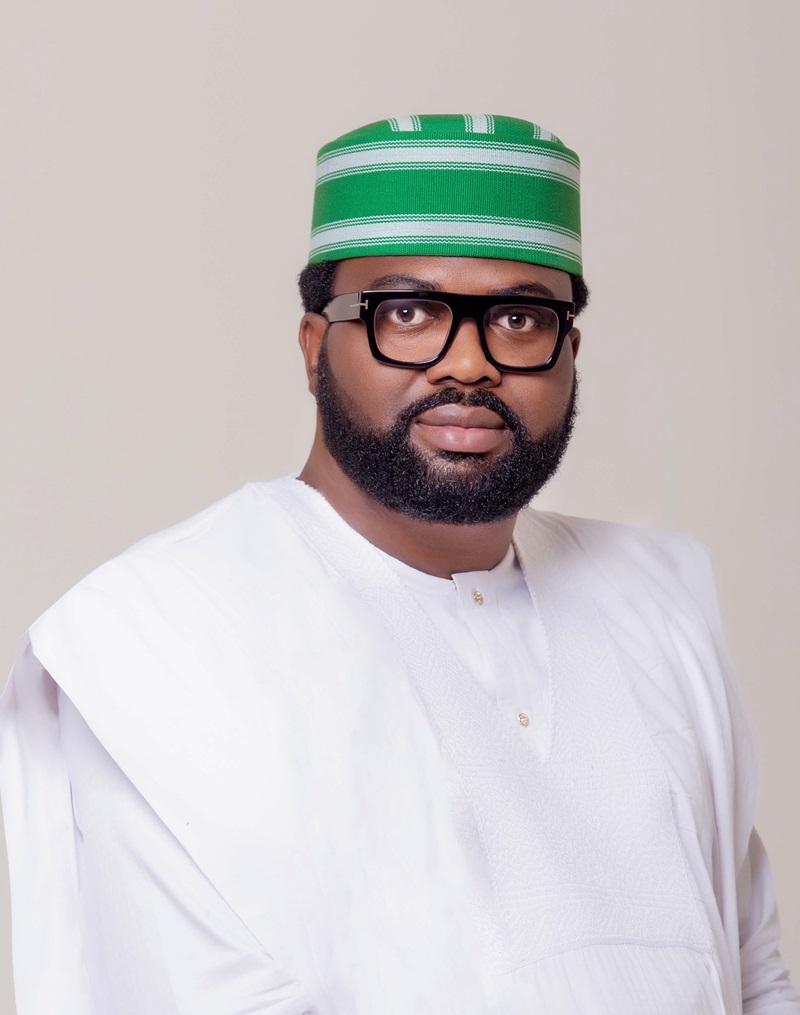
In this interview with THEWILL DOWNTOWN’s Executive Editor, Onah Nwachukwu, Rep. Akin Rotimi, Jr. discusses his political career, his perspective on Nigeria, and the duties associated with his position. He highlights Nigerian democracy’s struggles and victories, the value of good communication in governance, and the actions required to promote long-lasting change.
What inspired you to pursue a political career, and how has the journey been so far?
My political journey is deeply rooted in a sense of duty to serve my community and country, inspired by my family’s rich legacy of public service. My father served as a member of the House of Representatives during the Second Republic, and my mother, a career educationist, retired as a Director in the Federal Ministry of Education. Early in my career, I actively engaged in philanthropy, focusing on pressing issues in Nigeria and post-conflict African nations.
While these efforts provided essential support, I quickly realised that they often offered only temporary relief, rather than creating sustainable, long-term change. While activism allowed me to advocate from the outside, I understood that lasting and systemic reforms could only be achieved by working from within government structures. This insight motivated me to pursue a path in politics, where I could directly influence policy and drive meaningful, lasting solutions for my constituents. The transition from philanthropy to public service has been both challenging and rewarding, and I am especially grateful to my mentor, Dr. Kayode Fayemi, whose guidance was instrumental in helping me make this shift and find my place in public service.
How do you navigate the pressures and expectations that come with being a public figure?
This requires a strong commitment to transparency and accessibility. Given the widespread poverty in our society, expectations for immediate gratification are particularly high. However, I make it a priority to remain approachable and available, ensuring that I am always ready to listen to the concerns of my constituents. I also focus on sustainability rather than tokenism, emphasising projects that deliver long-term, meaningful benefits. By being honest and transparent about what I can and cannot achieve, I aim to set realistic expectations and build trust with those I serve. Regular communication is key to keeping people informed, engaged, and involved in the process. The support of my family, mentors, and faith has been invaluable.
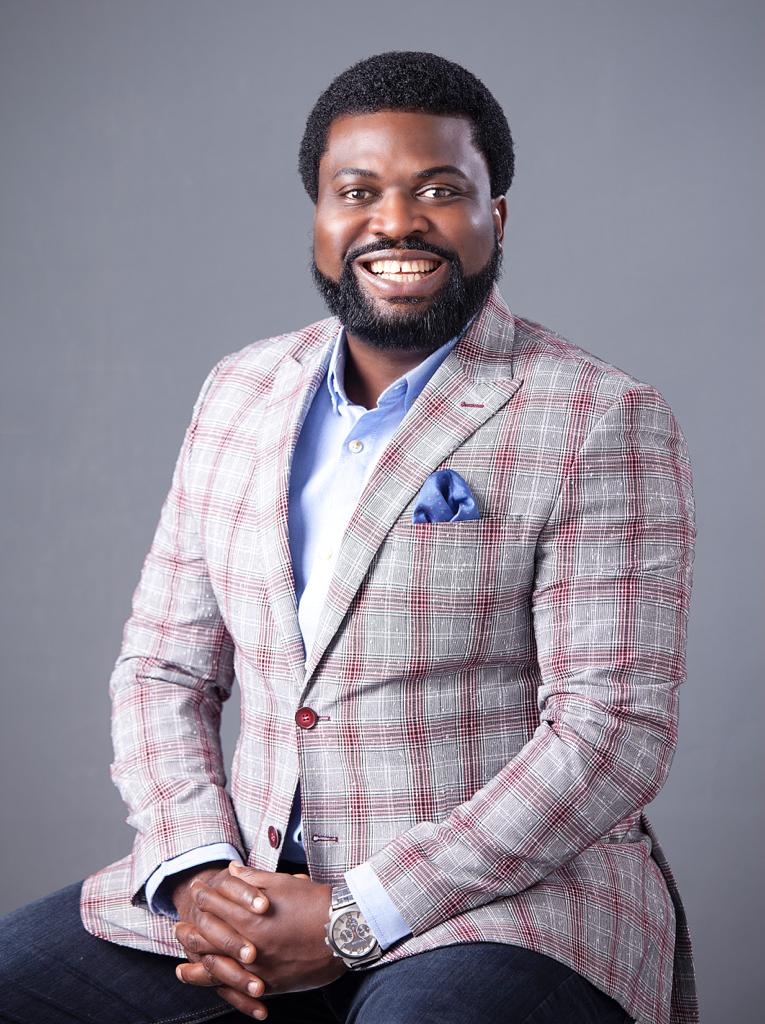
What specific issues are you most passionate about, and why?
My campaign theme was “Leaving No One Behind,” which reflects my dedication to addressing the needs of all members of our community.
I am particularly passionate about issues affecting people with disabilities and ensuring access to healthcare, education, and other essential services. My ongoing projects include the construction of a School for Children with Special Needs, a Rehabilitation Home, and a Motherless Babies Home.
I believe these issues are pivotal in creating a ‘just and kinder society.’ These values are at the heart of the bills and motions I have championed, as I work to create systemic change that benefits the most vulnerable in our society and ensures every individual has the opportunity to thrive.
What is the most challenging aspect of being the Spokesman of the House of Representatives?
One of the most challenging aspects of my role is ensuring that the public fully understands the complexities of our legislative work. There is often a gap between perception and reality, and it is my responsibility to bridge it.
As a Spokesman, my mandate is to articulate the House’s decisions clearly and ensure that our actions are accessible to all Nigerians, even in the face of skepticism or misunderstanding.
Historical distrust makes it even more difficult. The Rt. Hon. Abbas Tajudeen-led 10th Assembly, is, however, committed to changing this narrative.
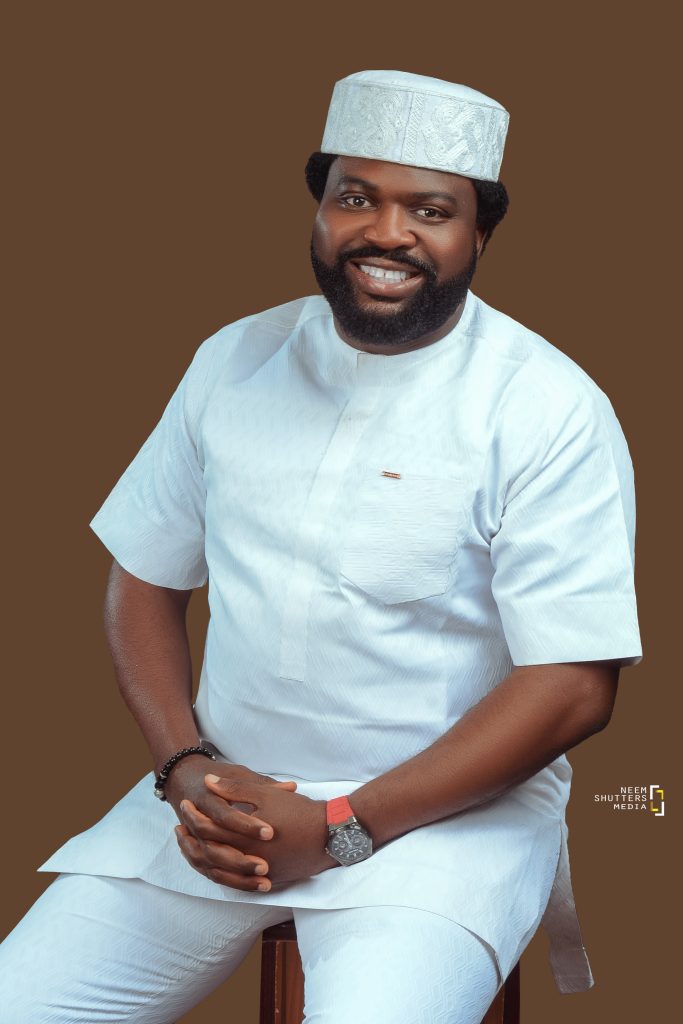
As Spokesman, how do you ensure transparency and effective communication between the House and the public?
We have embraced an Open Parliament (Agenda 6) as a key pillar of our 8-point Legislative Agenda (2023-2027). This, we achieve through regular media briefings, media rounds, newsletters, social media updates, and public consultations to communicate our decisions clearly and promptly.
As a Spokesman, my commitment to transparency includes providing access to legislative proceedings and instruments, allowing all Nigerians to participate in the democratic process. We have also partnered with organisations like Human Rights Radio/TV (Brekete Family) to reach a broader audience.
How do you handle situations where the House of Representatives faces criticism or public scrutiny?
Criticism is an inherent part of democracy, and when the House faces scrutiny, I view it as an opportunity to engage with the public and clarify our positions. I believe in addressing concerns directly and providing facts and context to ensure a clear understanding of our actions. Listening to the voices of Nigerians is crucial, as constructive criticism helps us refine our work and strengthen our commitment to better serving the people.
Our commitment to transparency further ensures that we remain accountable for our decisions and actions. As a member of the Nigeria Institute of Public Relations (NIPR), I also consult with mentors and utilise professional tools to manage crises effectively.
This allows me to navigate challenges with a well-informed, strategic approach, ensuring that we maintain public trust while remaining focused on our legislative duties.
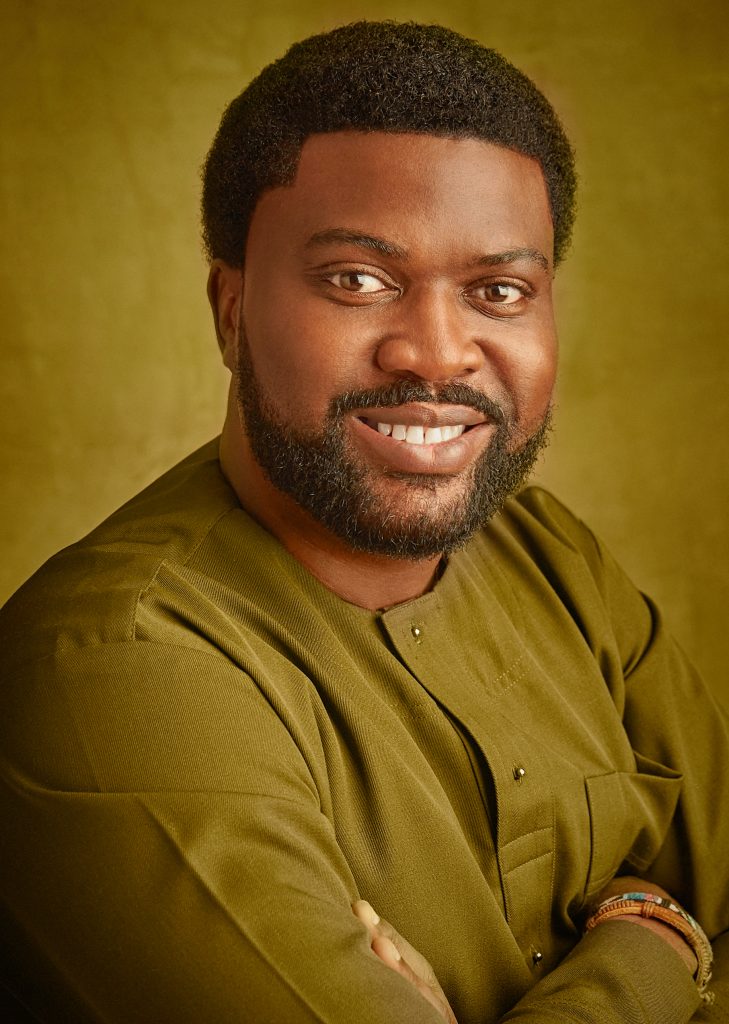
What role does effective communication play in the success of the legislative process?
Effective communication is essential to the success of the legislative process. It ensures that the public understands not only the intent behind our actions but also the challenges we face and the outcomes we aim to achieve. Without clear communication, mistrust and misinformation can quickly spread, undermining the credibility of the legislative process.
As legislators, it is our responsibility to keep the public informed, promote civic engagement, and create an environment where people can actively participate in governance. This is why public hearings and town halls are integral to our work.
What do you see as the biggest challenges facing Nigerian politics today, and how can they be addressed?
Trust and accountability are key challenges in Nigeria, as many feel disconnected from their leaders, leading to disillusionment with the political system. To rebuild trust and restore faith in our democratic institutions, we must focus on demonstrating accountability at all levels of government. It is also crucial to promote inclusion, transparency, and effective service delivery.
Additionally, prebendalism and rentseeking behaviours have entrenched a culture where politicians are expected to act as conduits for money, funding weddings, funerals, and various social functions. This creates a cycle of corruption and diminishes accountability. Sadly, many people equate such practices with good leadership, which makes it harder to break the cycle. While we do our best to indulge some of these expectations, we are more committed to sustainable interventions that address the root causes of these issues and create lasting change.
In your opinion, what are the key areas where Nigeria needs political reform, and how can those changes be achieved?
One key area for reform is enhancing political inclusivity, particularly through key electoral reforms that ensure credible people are elected to office. As part of my efforts, I partnered with ElectHER,a civic organisation, to introduce the Independent Candidacy Bill, aimed at broadening the political space. If passed, it will allow credible individuals with a passion for public service to contest elections independently, giving Nigerians more diverse and quality choices in leadership.
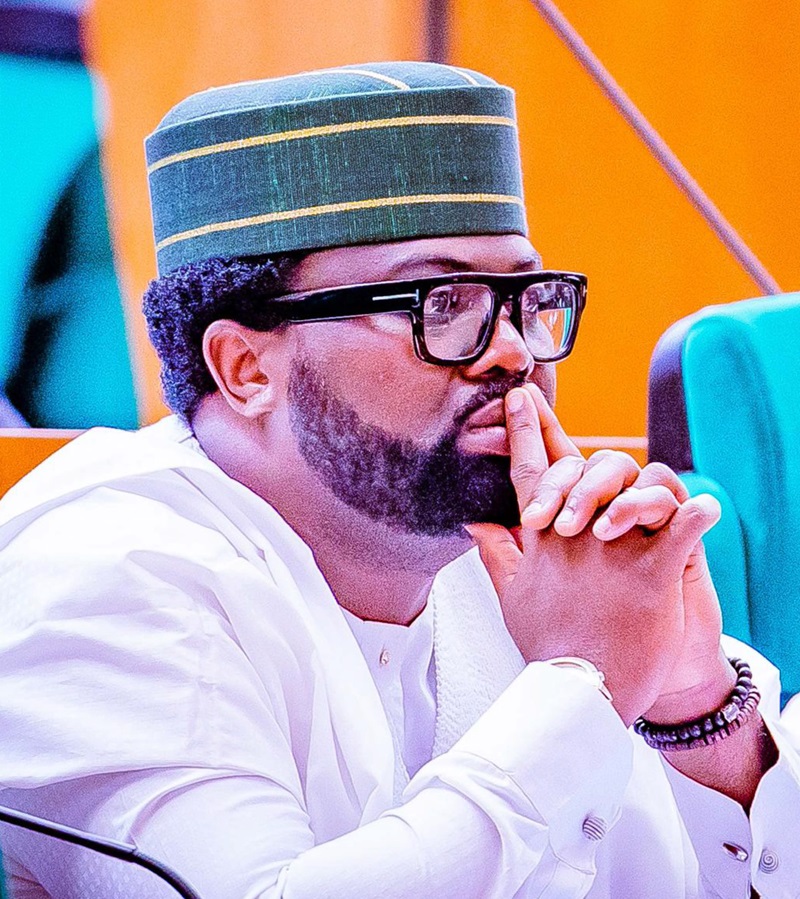
We must also address our leadership recruitment processes, governance structures, and fiscal accountability. Prioritising merit over patronage will help attract leaders who are genuinely committed to addressing grassroots challenges. Additionally, participatory budgeting, citizen advisory boards, and regular community consultations will foster transparency and ensure that leaders remain responsive to their constituents.
Lastly, strengthening platforms like the National Orientation Agency (NOA) to facilitate citizen engagement and feedback will bridge the gap between leaders and the people, fostering trust and accountability. Through these reforms, we can build a political culture that values integrity, transparency, and genuine public service, ultimately supporting a more robust and inclusive democracy.
How can the government build trust and ensure accountability in governance, especially at the grassroots level?
Trust is built through transparency, accountability, and responsiveness to citizens’ needs. Strengthening grassroots institutions, and providing citizens with a platform to voice concerns and hold public officials accountable are crucial. This creates a government that is not only answerable to the people but also actively listens to them.
Additionally, regular community engagements, participatory budgeting, and social accountability mechanisms are essential in fostering trust from the ground up. In this regard, the government is working to strengthen the NOA to promote transparency and citizen engagement.
What role should young people play in shaping the future of Nigerian politics?
Young Nigerians are the bedrock of our country’s future and play a crucial role in shaping the political landscape – bringing fresh ideas, energy, and a desire for change. To support this, the government must create an enabling environment for youth participation by lowering barriers to political entry, making it easier for young people to run for office and engage in governance.
I urge young Nigerians to take an active interest in governance, hold leaders accountable, and bring forward innovative solutions to our collective challenges. However, I also emphasise the importance of mentorship. Young people must be willing to learn, develop their skills, and rise through the ranks where necessary.
How do you see the future of Nigerian democracy in the next 10 years, and what steps should be taken to strengthen it?
In the next decade, I envision a more resilient and inclusive Nigeria—one that stands strong in the face of challenges and is truly representative. This can be achieved by prioritising institutional reforms, electoral integrity, civic education, and increased participation by women and youth.
I also believe in the importance of continuous dialogue between government and people to ensure that our democracy remains responsive to evolving needs. I believe the current administration’s reforms will yield tangible results and foster long-term stability.
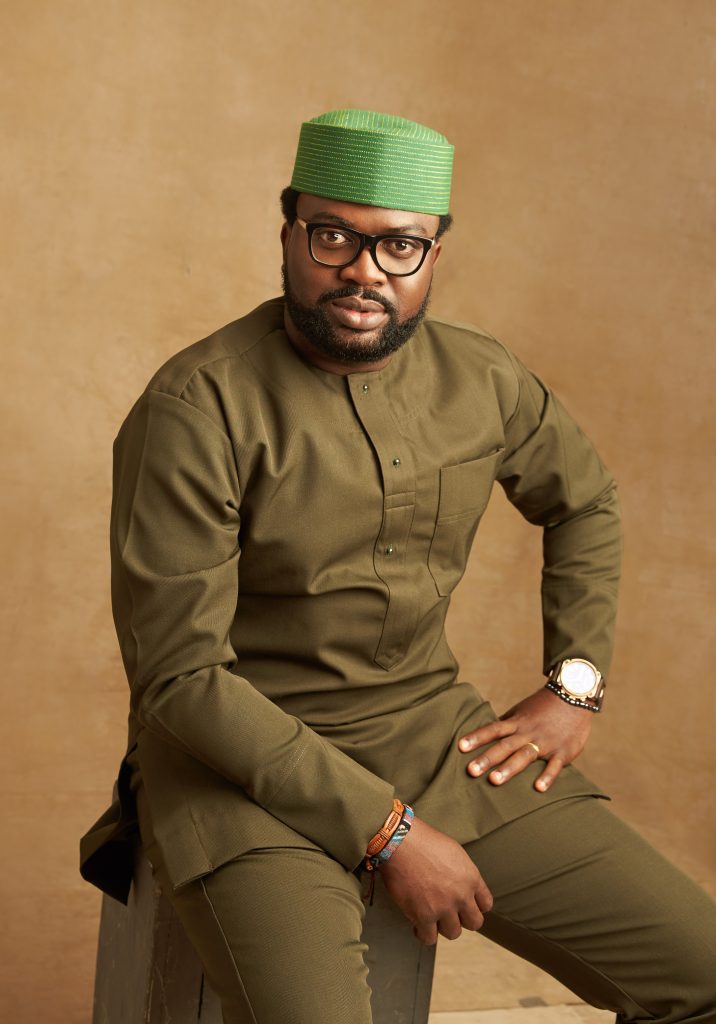
Who has been the biggest influence on your life and political career, and why?
The biggest influence on my life and political career has undoubtedly been my family and mentors, whose values of service, integrity, and perseverance have shaped me into the person I am today. My father’s legacy of public service (especially as my predecessor in office) has been particularly impactful, providing a strong foundation for my path in politics.
In addition, mentors like Dr. Kayode Fayemi, the late Albert Okumagba, and Olumide Akpata, have played significant roles in shaping my approach to leadership and public service.
How do you maintain a work-life balance, given the demanding nature of your job?
Maintaining a work-life balance is challenging, especially in a demanding role like mine, but it’s essential for long-term success and personal well-being. I prioritise my time by making a conscious effort to carve out moments for my family, even amid the pressures of work.
Staying organised is also key— When needed, I delegate tasks to my team, and being present at the moment helps me manage both my personal and professional life effectively.
What personal values do you hold dear, and how have they shaped your leadership style?
As an Ekiti man, integrity, accountability, and a deep commitment to service are core values in my life and leadership. Integrity is non-negotiable; I believe that honesty and transparency are the foundation for building and maintaining trust. While accountability involves being answerable to constituents, ensuring that I consistently prioritise their needs and act in their best interest.
Service is at the heart of everything I do—a steadfast commitment to improving the lives of those who have entrusted me with leadership. My Ekiti heritage has also instilled in me a strong sense of fairness and determination. While some may view this as “stubbornness,” it’s rooted in my unwavering belief in doing what is right, regardless of the challenges.
A lawyer by training, Onah packs over a decade of experience in both editorial and managerial capacities.
Nwachukwu began her career at THISDAY Style before her appointment as Editor of HELLO! NIGERIA, the sole African franchise of the international magazine, HELLO!
Thereafter, she served as Group Editor-in-Chief at TrueTales Publications, publishers of Complete Fashion, HINTS, HELLO! NIGERIA and Beauty Box.
Onah has interviewed among others, Forbes’ richest black woman in the world, Folorunso Alakija, seven-time grand slam tennis champion, Roger Federer, singer Miley Cyrus, Ex Governor of Akwa Ibom State, Godswill Akpabio while coordinating interviews with Nigerian football legend, Jayjay Okocha, and many more.
In the past, she organised a few publicity projects for the Italian Consulate, Lagos, Nigeria under one time Consul General, Stefano De Leo. Some other brands under her portfolio during her time as a Publicity Consultant include international brands in Nigeria such as Grey Goose, Martini, Escudo Rojo, Chivas, Martell Absolut Elix, and Absolut Vodka.
Onah currently works as the Editor of TheWill DOWNTOWN.





